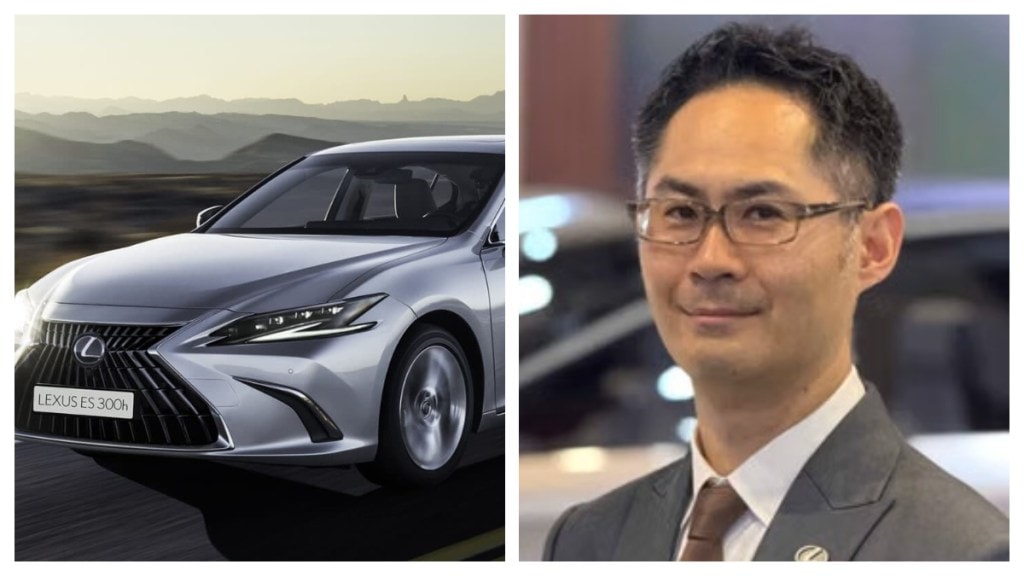Lexus India is highly optimistic about its immediate sales future, attributing strong growth projections to the government’s recently implemented GST 2.0 reforms. Hikaru Ikeuchi, the president of Lexus India, told FE that he expects the October-December 2025 quarter to be one of the best for the entire luxury car segment.
The brand, which saw a healthy 19% sales growth in FY25 (over FY24) – and clocked highest-ever monthly sales in March 2025 – expects this momentum to continue, as the GST reforms will have both a direct and indirect positive impact on the luxury market. “The overall reduction in GST has made cars more affordable, and has also left consumers with more disposable income,” Ikeuchi said. “This will translate into better consumption, better affordability of EMIs, better opportunity to upgrade, thus boosting the entire economy.”
Focus on hybrids
Despite rivals focusing on battery electric vehicles (BEVs), with companies like BMW announcing 5,000 cumulative BEV sales, Lexus remains heavily invested in hybrid electric vehicles (HEVs) for the Indian market.
Its top-selling model, the ES sedan, which accounts for nearly 50% of its total sales, is a hybrid. Ikeuchi made it clear that while Lexus has BEVs globally, they will only be introduced in India when the market is deemed ready. “For now, with the limited public charging infrastructure, we believe hybrid is the most practical solution,” he said.
The Lexus portfolio spans a wide range of HEVs and other models, from the entry-level ES sedan and NX SUV to the super-luxury LM MPV and the flagship LX SUV. The brand also notes a common trend: many Lexus buyers are those upgrading from large Toyota models like the Innova or Fortuner.
Localisation
It’s been eight years since Lexus entered the Indian market, and yet it locally manufactures just one model – the ES sedan, starting January 2020 at the Toyota Kirloskar Motor plant in Bidadi, Bengaluru. This is unlike German luxury carmakers who locally assemble 10-12 models each. Ikeuchi acknowledged the slow pace of localisation, but stressed that Lexus would choose quality assurance and brand integrity over aggressive localisation and market share expansion. “This single made-in-India model adheres to the exact same rigorous global standards as vehicles made in Japan or the US,” he said, adding that crafting Lexus cars is a meticulous process, and the carmaker has readied local technicians of global standards, and it’s only a matter of time before more models are produced in India.
